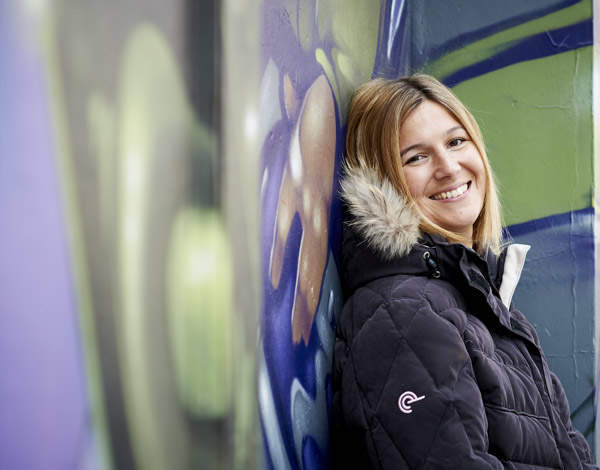

SIX YEARS AGO, Charlie Alcock was working in an NHS mental health clinic with back-to-back referrals for young offenders. None of them turned up. She was determined to find a better way of delivering mental health services to excluded young people. And she knew who would be able to help her find that way: the young people themselves.
A young clinical psychologist, Alcock realised she needed to spend time in the communities she was trying to serve and listen to what young people wanted. She hung out in a fish and chip shop on an estate in north London for six months to engage a group of gang-affected young men. Together they founded MAC-UK. At the core of the organisation is a new grass-roots model of mental health service delivery for excluded young people.
Read more on top social enterprise cities in UK from Spear’s
‘We take mental health to the streets,’ explains Alcock. ‘We take it wherever and whenever young people need the support. We call it “Streetherapy”. It can be on a bus, a bench, a stairwell or in a court waiting room.’ The therapy also wraps around activities, including job-seeking, writing CVs, creating music, playing football and going to the gym. Activities change on a weekly basis to guard against teen boredom.
Growth industry
As the charity celebrates its fifth anniversary, Alcock has been awarded a place in the Ashoka Fellowship, a network of the world’s leading social entrepreneurs — exceptional men and women with system-changing solutions for the world’s most urgent social problems. Fellows receive a three-year stipend as well as business mentoring support to grow their work. This is where HNWs can get involved.
Fellowship places for people like Alcock are provided by the Ashoka Support Network (ASN), a global community of 300-plus business leaders and successful commercial entrepreneurs. ASN members are top executives, investment bankers, venture capitalists and consultants who mentor Ashoka fellows.
Read more on UK government and philanthropy from Spear’s
‘ASN members have often achieved significant goals in their business life, but this opens up a whole new world. Working with a quality social innovator is an exciting and really personal way to create high social impact,’ says ASN manager Zuhura Plummer.
Crime doesn’t pay
Every time a young person is stabbed in the UK it costs £1.2 million. Serious youth violence is a £4 billion-a-year problem. ‘We can work with the young people all we like, but if society isn’t ready to accept them or an employer isn’t ready to offer them a job, we are sending them down a dead-end road,’ says Alcock.
One in three young people who offend has an unmet mental health need at the time of offence. ‘If someone is wielding a knife, it’s highly unlikely that anyone will ask if they are depressed. This could be exactly what they are feeling, but it is presented in an atypical way.’
Accessing traditional services proves hard for many of MAC-UK’s clients. ‘Some young gang members won’t even be registered with a GP and others simply won’t feel safe to go to the clinic because it’s in the wrong postcode,’ Alcock says. ‘Then of course there is the stigma. Seeking mental health support is challenging for anyone at the best of times, never mind when you’re in a peer group that watches your every move and where being seen as strong is your code for survival.’
Alcock looks back on the early days on the estate. ‘What we have achieved would have been unimaginable back then. It is a testament to those inspirational young men, several of whom still work with me today, and their voices remain at the heart of MAC-UK.’ Who wouldn’t want to use their skills to support that?
More information at ashoka.org/asn and uk.ashoka.org/fellow/charlie-alcock






